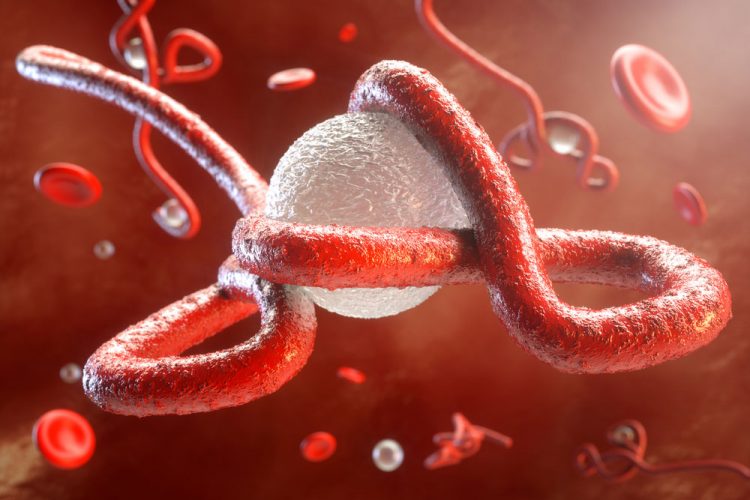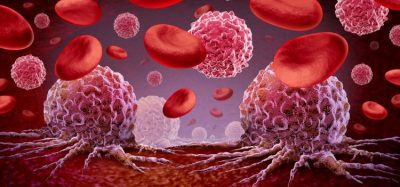High doses of favipiravir may be effective against Ebola
Posted: 28 March 2018 | Dr Zara Kassam (European Pharmaceutical Review) | No comments yet
High doses of favipiravir extended survival in non-human primates infected with Ebola virus, according to a new study….


High doses of favipiravir extended survival in non-human primates infected with Ebola virus, according to a new study.
Despite repeated outbreaks in recent years, there is no effective treatment validated for patients with Ebola virus disease, which can kill about half of those infected.
These results, together with previous data collected on tolerance and pharmacokinetics in both non-human primates and humans support the evaluation of high doses of favipiravir
The antiviral drug favipiravir has been previously tested at lower doses in humans and was well-tolerated but did not show strong antiviral activity. In the current study, researchers infected 26 non-human primates with the 2001 Gabon strain of Ebola virus and followed them for 21 days. Thirteen animals were untreated and 13 were treated, beginning two days before infection, with twice-daily doses of favipiravir at 100, 150, or 180 mg/kg.
All animals that were untreated or treated with 100 mg/kg of favipiravir died within 10 days of infection. Two out of 5 (40%) animals treated with 150 mg/kg were still alive at day 21 of the study, and 3 out of 5 animals (60%) treated with 180 mg/kg favipiravir survived to day 21. Moreover, the study showed that the drug inhibited viral replication in a drug concentration-dependent manner. However, applicability to humans is limited by the fact that this model is fully lethal and that treatment initiation in patients is most often initiated several days after infection, when symptoms and high levels of viral replication are already present, rather than before infection.
“These results, together with previous data collected on tolerance and pharmacokinetics in both non-human primates and humans support the evaluation of high doses of favipiravir for future human intervention in particular for contact cases,” said Jeremie Guedj of INSERM, France, and colleagues.
The study has been published in PLOS Medicine.









